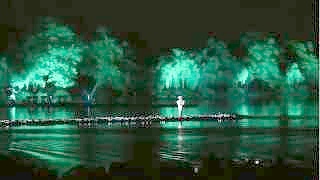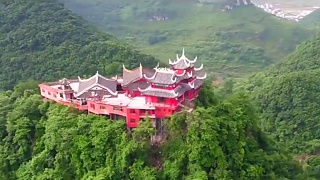The Giant Buddha suddenly comes into view ...
The second video takes a look around the temple and the third shows the fountains.
[640],shadow=true,start=20,stop=

Live more ...
 The Giant Buddha at LingShan Temple near WuXi 无锡
The Giant Buddha at LingShan Temple near WuXi 无锡The Giant Buddha suddenly comes into view ...
The second video takes a look around the temple and the third shows the fountains.


|
The beautiful outdoor show in HangZhou, ZheJiang province ...
|

|
With DianXi XiaoGe ...
|

|
Jiddu Krishnamurti ...
LiZiQi ...
Alan Watts ...
Gabor Mate ...
|

|
Near RuiLi and the border with Myanmar.
|

|

|
With Walk East ...
|

|
With Wei's Travel ...
|